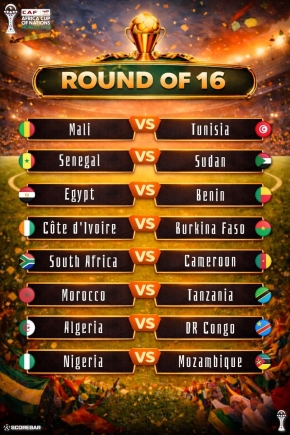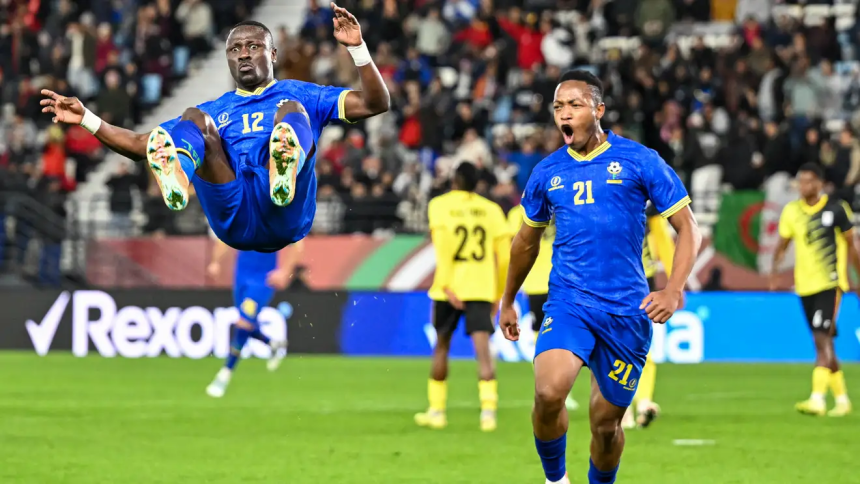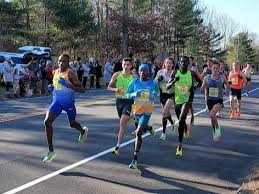AFCON 2025: Knockout Dreams and Continental Heavyweights Collide
The 2025 Africa Cup of Nations enters its most unforgiving phase as the Round of 16 brings together proven champions, dark horses and history-makers, all chasing a place in the quarterfinals. With margins tightening and pressure peaking, every fixture across four gripping days promises drama, intensity and defining moments.
Saturday’s action opens with Senegal facing Sudan, a clash that pits pedigree against fearless ambition. Senegal’s blend of physical authority and tournament know-how makes them a formidable opponent at this stage, but Sudan have already shown an ability to frustrate and counter with purpose.
Later, Mali meet Tunisia in what feels like one of the round’s most evenly balanced encounters. Mali’s youthful energy and direct style will test a Tunisian side built on structure and experience, with tactical discipline likely to decide the outcome.
Sunday delivers two of the most compelling storylines of the knockout phase. Host nation Morocco take on Tanzania, with the Atlas Lions carrying both expectation and quality after navigating the group stage. Tanzania, however, are playing with house money. It is their first-ever appearance in the AFCON knockout rounds, a historic achievement that has already rewritten their football narrative.
The scale of the challenge is clear, as reflected in the build-up. “We put in a great effort against Tunisia, and our goal is to make history. The match against Morocco will be very big, with a lot of pressure,” said Tanzania coach Miguel Gamondi.
Morocco’s technical control and attacking depth make them favourites, but Tanzania’s freedom and belief could make this far more than a formality.
The evening fixture sees South Africa square off against Cameroon in a classic AFCON heavyweight battle. Cameroon’s tournament pedigree is unquestioned, but Bafana Bafana have shown resilience and tactical growth, setting up a contest that could hinge on moments rather than momentum.
Monday’s schedule pairs Egypt with Benin, as the seven-time champions once again attempt to assert their dominance. Egypt’s ability to manage knockout football remains unmatched, yet Benin’s compact organisation and willingness to absorb pressure could force the favourites into uncomfortable territory.
Later, Nigeria meet Mozambique in another historic tie. Like Tanzania, Mozambique are experiencing their first taste of knockout football at AFCON, a landmark moment for the Mambas. Nigeria’s squad depth and attacking talent mark them out as contenders, but calm leadership will be crucial.
“We are calm and, if you watch the game, I think I am more calm than the last AFCON. I try to stay focused during the game, only on the game. I have my vision. Sometimes it is very good, sometimes it is bad. That is football. We work every day and the team works hard,” said Nigeria coach Eric Chelle.
The round concludes on Tuesday with Algeria against DR Congo, a contest rich in pace and power, before reigning champions Ivory Coast face Burkina Faso in a West African derby brimming with intensity. As AFCON 2025 moves deeper into knockout territory, reputations will be tested, new chapters written, and only eight teams will keep the dream alive. MultiChoice Ghana








